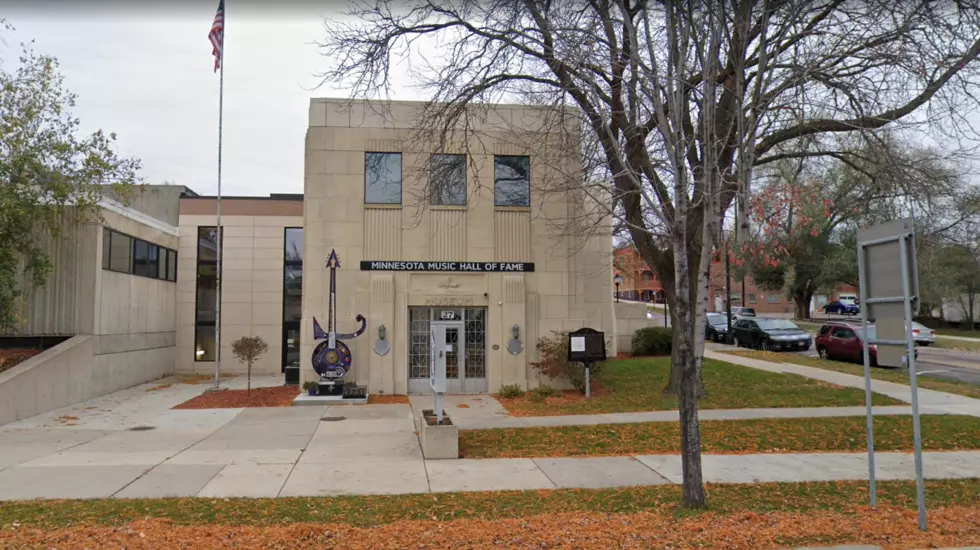
How Rolling Stones Turned to Psychedelia on ‘Between the Buttons’
Their Satanic Majesties Request is often marked down as the Rolling Stones' dive into psychedelic music. But they took a tentative step toward the genre almost an entire year before with Between the Buttons. Some of that was more by accident than by design.
The Stones were on the road promoting Aftermath, their first real grown-up album, during the summer of 1966 when they started work on Between the Buttons. Elated by the creative freedom and critical acclaim generated by Aftermath, the band continued to move into new musical territory.
Brian Jones began trying out nontraditional instruments like the dulcimer, recorder and vibraphone during the album's sessions – when he bothered to mentally show up. (His behavior was growing more erratic around this time, to the point where, two years later, he was kicked out of the band he helped form.)
Laying down tracks in Los Angeles and London over a period that spanned four months, the Rolling Stones stretched the R&B and blues that had dominated their earlier records into new formats. Now off the road for the first time in years, they were able to concentrate on making their first album constructed as such – no singles, no covers, no stray tracks from earlier sessions.
They played around with sounds, and, with longtime producer Andrew Loog Oldham (who clashed with the band during the recording of Satanic Majesties and never worked with them again), filtered the music through the Swinging London scene that had exploded throughout their hometown.
Listen to the Rolling Stones Perform 'Yesterday's Papers'
In the process, they somewhat inadvertently stepped into the budding psychedelic music that would consume pop culture by mid-year. Between the Buttons is a small first dose of what was to come.
The songs are among the most British-sounding of the band's long career, particularly "Yesterday's Papers," "Connection" and "Something Happened to Me Yesterday," Keith Richards' first time on lead vocals (he shares the song with Mick Jagger, who sings the verses). Traces of Music Hall styles are sprinkled throughout the candy-colored record, which includes layer upon layer of overdubs that add to the trip.
It isn't the big leap forward Aftermath was, but, instead, part of the evolution that led to the Stones' most fertile period right around the corner.
Like all of the band's U.K. albums up to that point, Between the Buttons arrived in the U.S., a month later, in a slightly different form. The band's latest single, "Let's Spend the Night Together" backed with "Ruby Tuesday," both of which were recorded during the album's sessions, were tossed onto Side One of the American release, with the two omitted tracks – "Back Street Girl" and "Please Go Home" – showing up on the U.S.-only Flowers compilation five months later.
It makes for an arguably better album, but the original LP provides a stronger link between Aftermath and Their Satanic Majesties Request, two pivotal records – in different ways – for the Rolling Stones. Either way, it was another hit for them, reaching No. 3 and 2 in the U.K. and U.S., respectively. Their aspirations would spiral within the coming months, as drugs, fame and the studio helped fuel "We Love You" and "Dandelion," the Stones' brightest kaleidoscopic contributions to the Summer of Love.
The Albums That Almost Killed Their Careers
Real-Life ‘Spinal Tap’ Stories: Rolling Stones
More From KYBB-FM / B102.7










